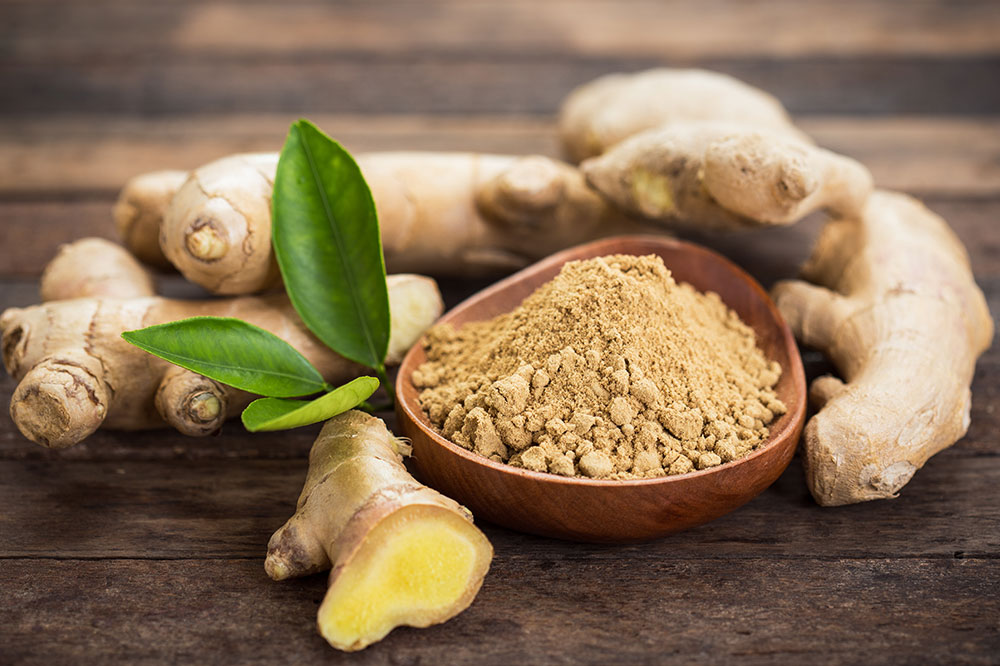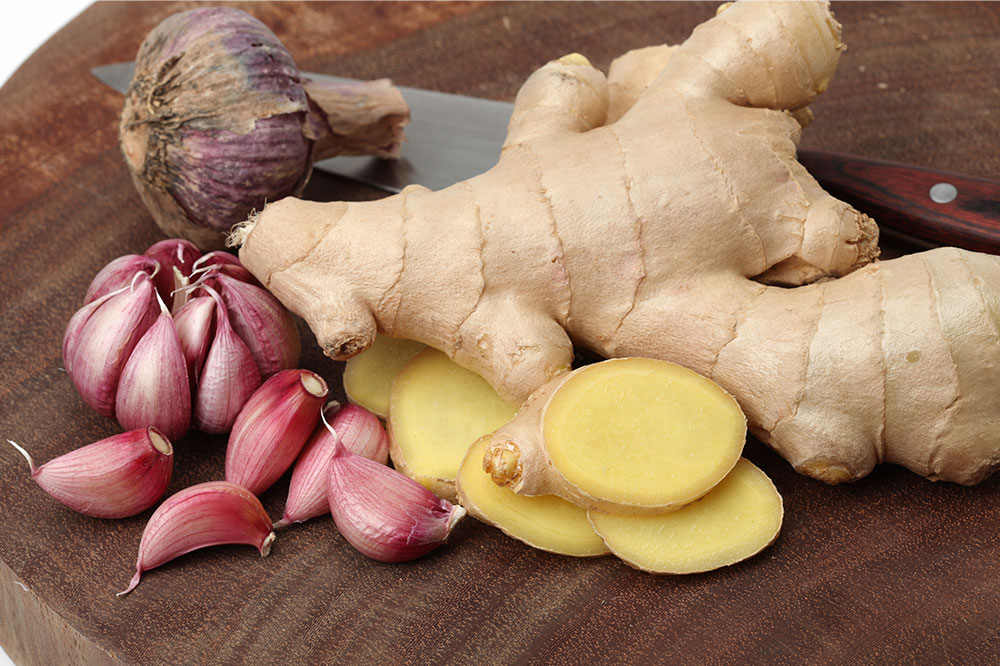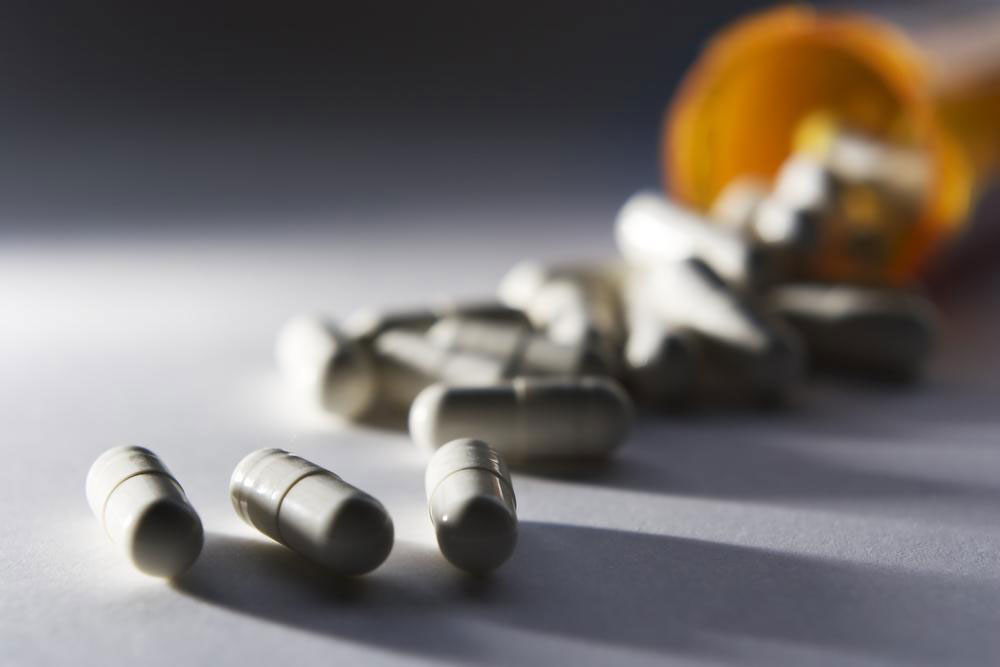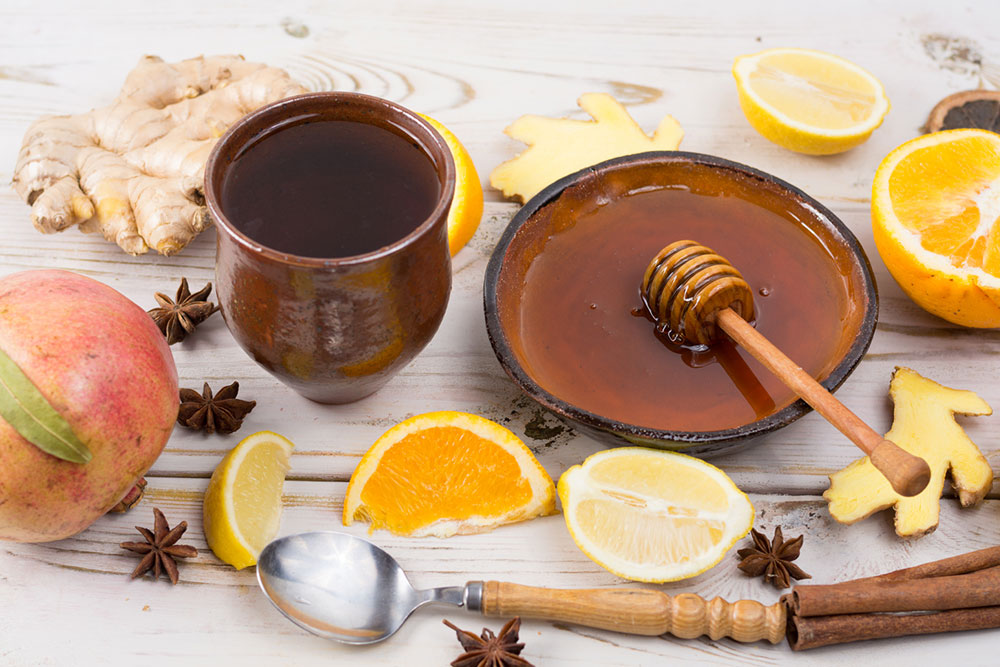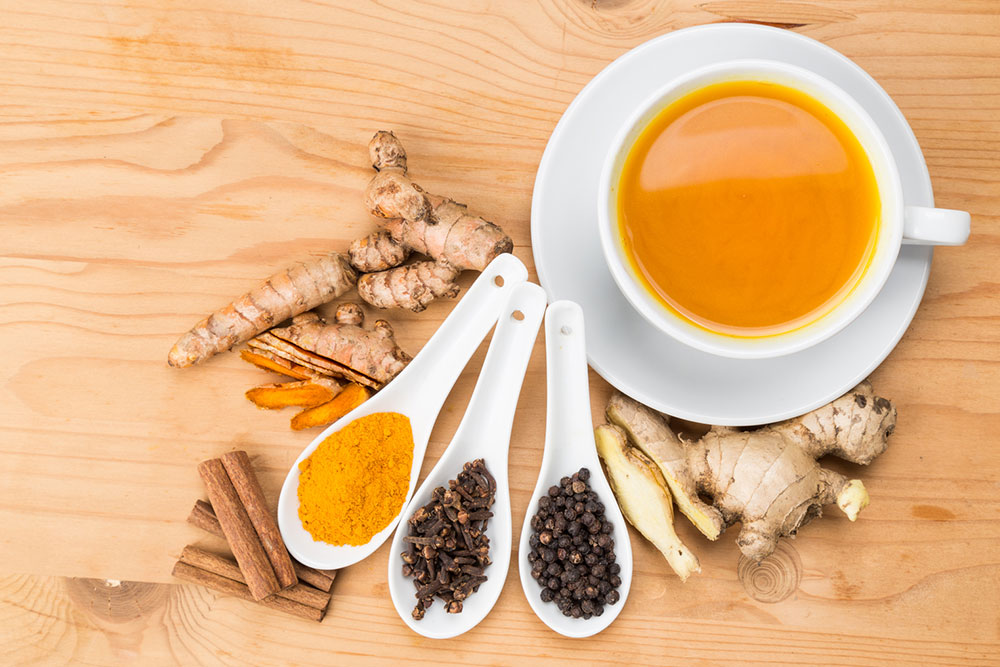Natural Remedies for Managing Nasal Polyps
Discover natural methods to effectively manage nasal polyps, including dietary suggestions, home remedies, and lifestyle tips. These strategies can help reduce inflammation, strengthen immunity, and improve sinus health without invasive procedures. Always consult a healthcare professional before starting new treatments for nasal polyps to ensure safety and efficacy.

Effective Natural Strategies to Address Nasal Polyps
Nasal polyps are benign growths resembling teardrops that develop within the nasal passages or lining. These growths are usually caused by allergic responses and affect about 3-4% of individuals. While traditional treatments include medications like antihistamines and steroids or surgical intervention, there are natural methods to manage this condition. Below are some proven natural approaches:
Turmeric The active compound curcumin in turmeric helps decrease sinus inflammation related to polyps and supports immune health, reducing infection risks.
Cayenne Pepper Rich in vitamins B6, C, E, and antioxidants like flavonoids, cayenne peppers bolster immune defenses and help reduce sinus inflammation. The vitamin A in them can further alleviate swelling.
Probiotics Incorporating probiotic-rich foods such as sauerkraut, kimchi, kefir, and tempeh enhances gut health, which is linked to better sinus health. Pairing these with fiber-rich foods like sweet potatoes and chia seeds can prevent polyp formation.
Bromelain Found in pineapple, bromelain is a natural enzyme that reduces inflammation, boosts immune response, and alleviates sinus infection symptoms.
Garlic Known for its antifungal and antiviral properties, garlic contains allicin, which combats microorganisms and supports respiratory health.
Steam Inhalation and Humidification Moistening the air through humidifiers or steam inhalation can prevent sinus blockages. Adding essential oils may enhance healing.
Adequate Hydration Drinking plenty of water helps keep nasal passages moist and fluidizes mucus, reducing the risk of polyp development or easing existing symptoms.
Note: Our website offers diverse health-related information based on research and data. While these remedies can be helpful, they should not replace professional medical advice. The team isn’t responsible for inaccuracies or treatment outcomes and reminds readers to consult healthcare providers for personalized care.

